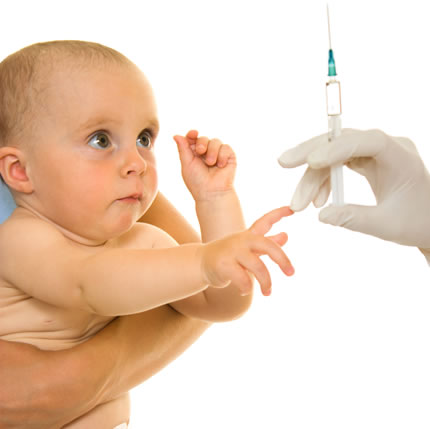Baby vaccinations play a vital role in safeguarding your child’s health. These medical interventions are designed to protect infants from a range of potentially serious and life-threatening diseases. In this article, we’ll delve into the world of baby vaccinations, addressing common questions and concerns to help you make informed decisions about your child’s health.
Why Are Baby Vaccinations Important?
The importance of baby vaccinations cannot be overstated. These immunizations are essential in preventing diseases that can have severe consequences for infants. By introducing weakened or inactivated pathogens into the body, vaccines stimulate the immune system to produce antibodies. These antibodies provide protection against specific diseases, ensuring your baby’s well-being.
The Recommended Vaccination Schedule
Vaccines are administered according to a well-defined schedule recommended by healthcare professionals. This schedule is carefully designed to provide optimal protection for your child at various stages of development. It typically begins shortly after birth and continues throughout childhood. Be sure to consult with your pediatrician to ensure your baby receives all the necessary vaccinations on time.
Common Baby Vaccinations
Numerous vaccines are available to protect babies from various diseases. Some of the most common vaccines administered during infancy include:
- Hepatitis B Vaccine: This vaccine is typically given shortly after birth and helps protect against hepatitis B, a liver infection that can lead to serious complications.
- DTaP Vaccine: The DTaP vaccine guards against diphtheria, tetanus, and pertussis (whooping cough), all of which can be life-threatening for infants.
- Hib Vaccine: This vaccine prevents Haemophilus influenzae type b, which can cause severe infections such as pneumonia and meningitis.
- PCV13 Vaccine: The pneumococcal conjugate vaccine safeguards against pneumococcal disease, which can lead to pneumonia, ear infections, and more.
- Rotavirus Vaccine: Rotavirus is a leading cause of severe diarrhea and dehydration in babies, and this vaccine offers protection against it.

Are Baby Vaccinations Safe?
Safety is a paramount concern for parents. Fortunately, extensive research and rigorous testing go into the development and approval of vaccines. The vast majority of children experience only mild side effects, such as swelling at the injection site or a low-grade fever. Serious adverse reactions are exceedingly rare. The benefits of vaccination in preventing disease far outweigh the minimal risks.
Debunking Vaccine Myths
In recent years, vaccine hesitancy and misinformation have become challenges in promoting vaccination. It’s essential to separate fact from fiction. Vaccines do not cause autism, and the overwhelming consensus among medical experts is that vaccines are safe and effective. Engaging with reliable sources and consulting your healthcare provider can help address any concerns you may have.
Baby vaccinations are a crucial component of your child’s healthcare regimen. They protect against serious diseases and contribute to the overall health and well-being of your infant. By adhering to the recommended vaccination schedule and staying informed, you can make informed decisions that will set your child on a path to a healthy and happy life. Remember that your pediatrician is an excellent resource for any questions or concerns you may have regarding baby vaccinations.
